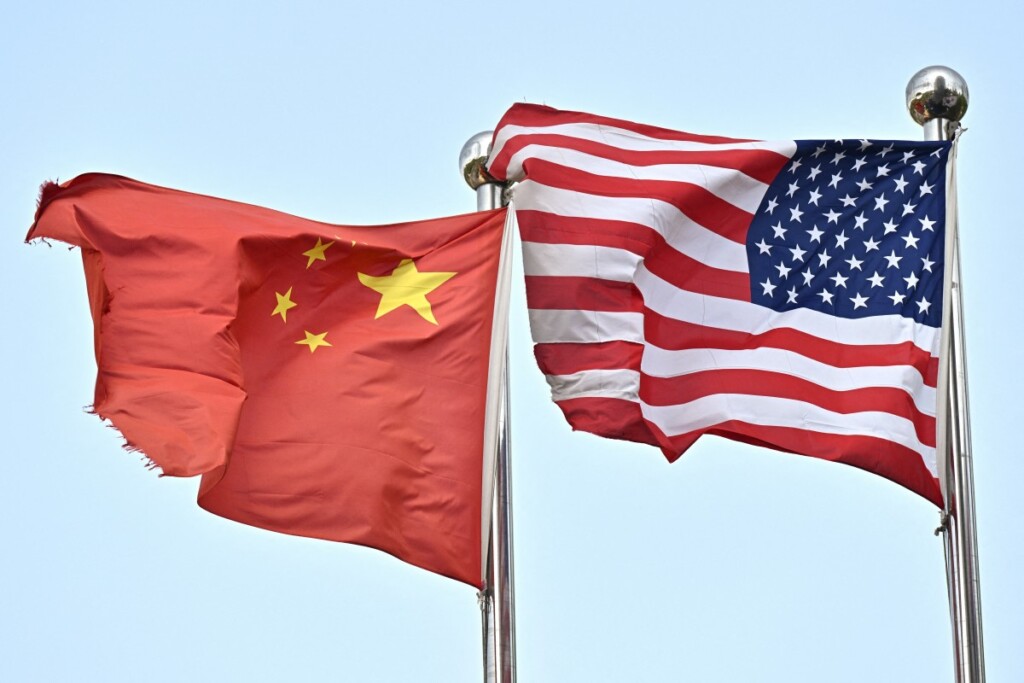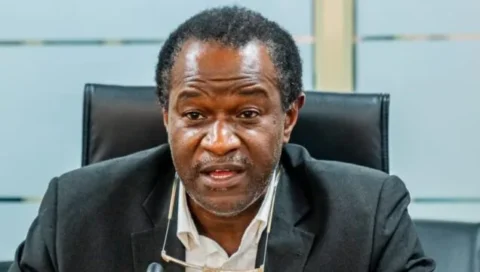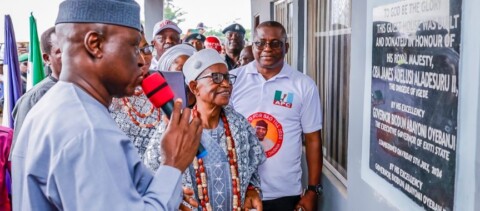China on Thursday condemned a new plan by the United States to revoke student visas for Chinese nationals, describing the move as “political and discriminatory,” according to AFP.
The policy, announced by US Secretary of State Marco Rubio, marks a significant tightening of visa rules and is expected to affect thousands of students from mainland China and Hong Kong. The US says it will begin “aggressively” revoking student visas, particularly for individuals with alleged ties to the Chinese Communist Party or those studying in sensitive academic fields.
In addition to the visa revocations, the policy introduces more rigorous screening procedures for future applicants. This includes deeper scrutiny of students’ backgrounds, affiliations, and even their activity on social media platforms.
Reacting to the development, Chinese Foreign Ministry spokesperson Mao Ning expressed strong opposition and said Beijing had officially protested the decision. Mao accused Washington of unjustly targeting Chinese students and undermining the spirit of international academic collaboration.
She urged the US to respect the “legitimate rights and interests” of international students and to halt what she described as politically motivated actions.
The new measures are part of a broader trend that began during the Trump administration, which had raised concerns about foreign influence at American universities. Former President Donald Trump previously attempted to limit visas for students attending elite institutions such as Harvard, citing concerns over national security and anti-American sentiments within academic environments.
Chinese students have historically formed a significant portion of the international student population in the US. In the 2023–2024 academic year, nearly 280,000 students from China were enrolled in American institutions, though India recently overtook China as the largest source of international students.
Rubio’s policy directive also included instructions for US embassies to suspend new student visa appointments until a full review of application procedures is completed. Critics warn that the move could discourage not only Chinese nationals but also other international students from seeking education in the US.
Some affected students have expressed concern about the uncertainty the new rules bring. A doctoral student from Taiwan, who planned to begin studies in California, said they remain hopeful the delays will be resolved before the academic year begins but admitted the policy change has caused anxiety.
At Harvard University, the visa crackdown has triggered protests and legal challenges. The institution has faced increased scrutiny from federal authorities, including attempts to cut research funding and impose stricter admissions oversight. Harvard has rejected accusations of bias and is defending its policies in court.
The visa restrictions are viewed by many as part of a broader shift in US foreign policy and domestic security concerns, but they risk straining educational and diplomatic ties between the world’s two largest economies.





